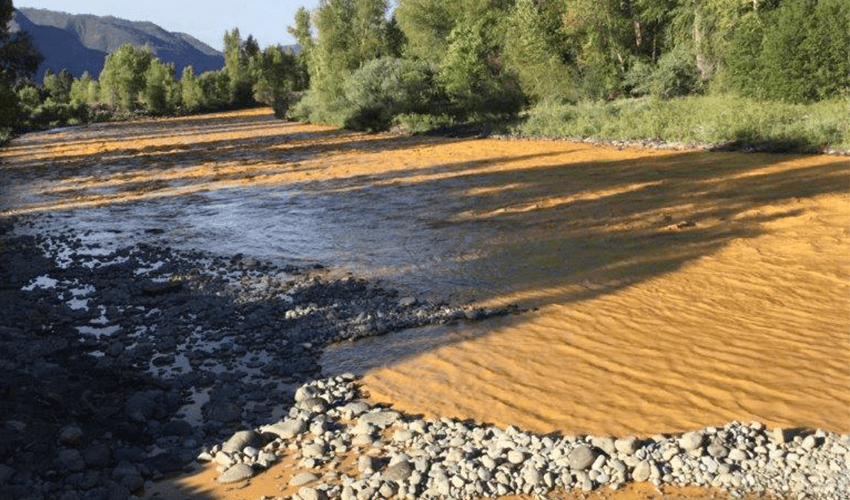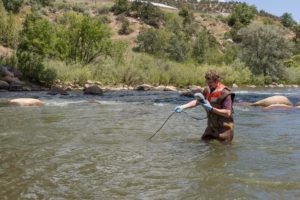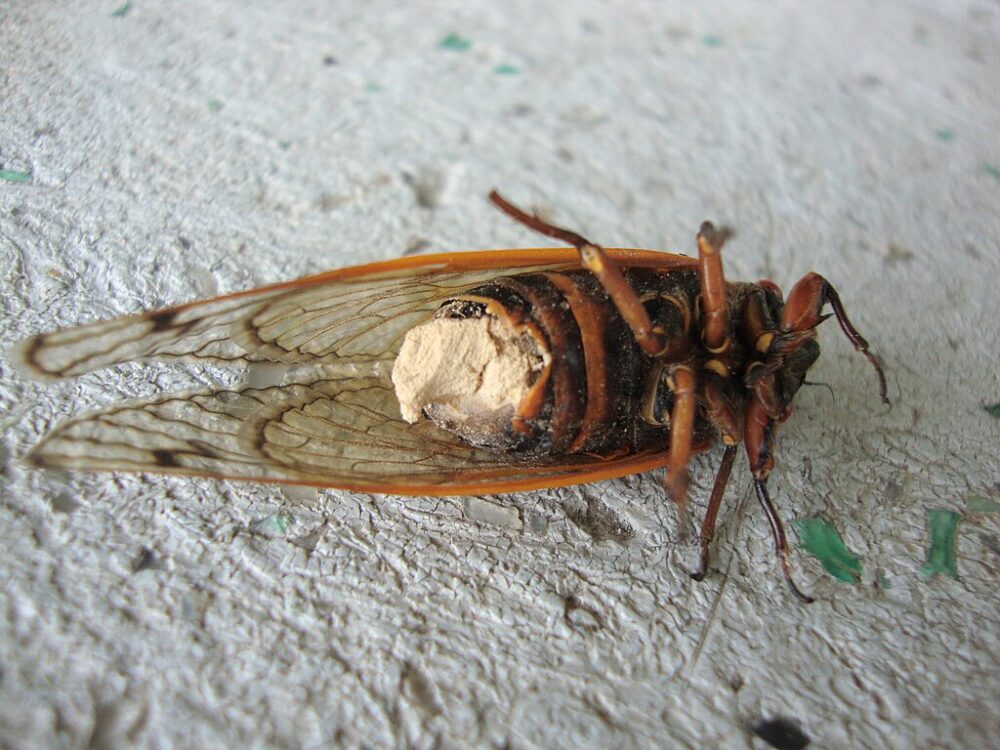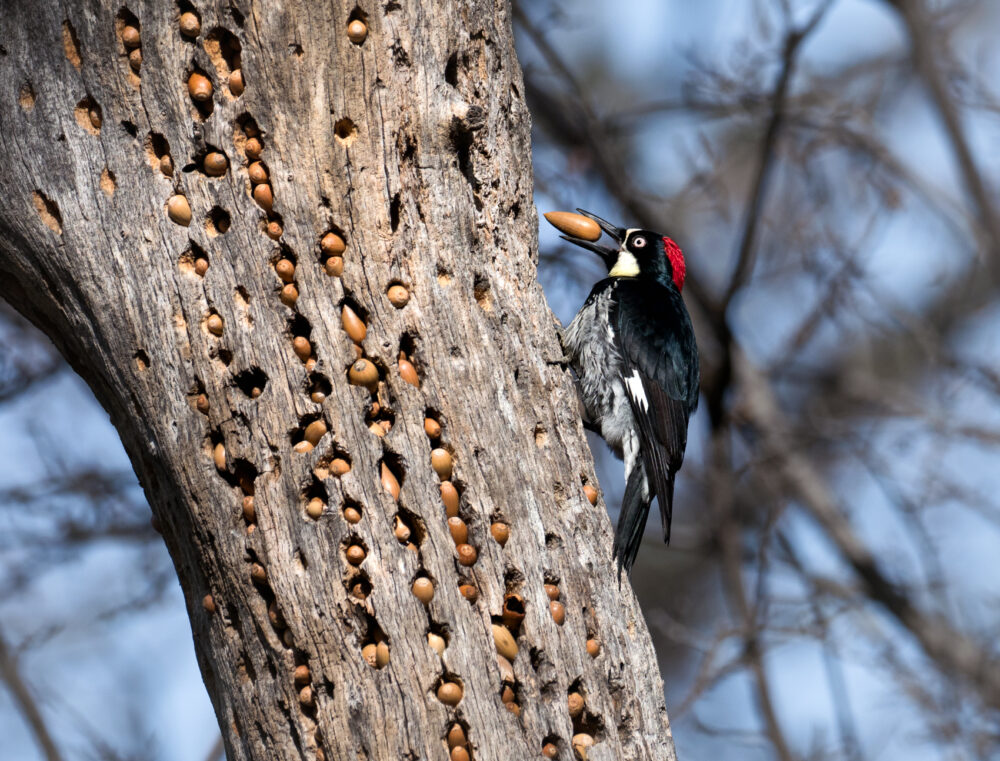We have much more to do and your continued support is needed now more than ever.
Hard-Rock Mining Law Stuck in the Past
One Year after the Major Gold King Mine Spill

On Aug. 5, 2015, an estimated 3 million gallons of heavy-metal-laden mine wastewater washed down the San Juan Mountains into southwest Colorado’s Animas River. The water turned a sickly mustard yellow all the way into neighboring New Mexico and Utah, where the Animas flows into the San Juan River.
The river was closed to recreation. Health and environment experts rushed to the scene. The city of Durango quit pumping water from the Animas. Farmers on the Navajo Nation in New Mexico shut off irrigation water. Colorado Gov. John Hickenlooper declared a state of emergency. The disaster generated national news across the country for days.
Eventually, the yellow in the river faded, and rafters and anglers returned to the Animas. State wildlife officials declared fish caught in the river were safe to eat. Crews built containment ponds to hold the wastewater still flowing from the Gold King mine.
Disaster long in the making
Back to normal, right? Hardly. In Colorado and across the country, hard-rock mines continue to leach cadmium, arsenic, copper, aluminum and other acidic contaminants into watersheds, threatening fish, wildlife and communities. Unlike Gold King’s catastrophic blowout incident, most of these idle or abandoned mine sites quietly leach poisons into watersheds on a daily basis, particularly during rain events. Creeks and stretches of rivers throughout the West are devoid of aquatic life because of mine pollution.

A year after the Gold King mine disaster, no effort has been made to overhaul the woefully outdated General Mining Act of 1872 to address this pollution legacy.
Under the 1872 law, the Wild West still rules when it comes to hard-rock mining. The law was intended to spur settlement of the West and development of public lands. However, 144 years later, hard-rock operations still don’t pay federal royalties for publicly owned minerals, and, unlike the coal industry, don’t contribute to a national fund to clean up abandoned mines.
While some states do have programs to deal with aspects of abandoned mines, only a few would say that they’re adequately funded to meet the challenge. This leaves a patchwork of federal agency programs such as Superfund and public safety response programs that have limited budgets and authority to help.
Repeated attempts throughout the years to modernize the 1872 Mining Law and to create a funded program to clean up the mining messes, some more than a century old, have failed.
Yet, some things are moving forward. Investigations continue on Gold King, where the Environmental Protection Agency is trying to relieve the pollution load buildup at the site. Also after years of resistance, area residents are finally discussing the possibility of a Superfund designation for Gold King and other old mines in the region.
Colorado Sens. Michael Bennet and Corey Gardner and Rep. Scott Tipton have proposed a bill that would protect companies, nonprofits, and state and local governments from certain legal liabilities if they clean up abandoned mines. Proposed legislation by Sens. Tom Udall and Martin Heinrich and Rep. Ben Ray Lujan, all of New Mexico, would impose a royalty rate for new hard-rock mines.
Real solutions

The real irony of the Gold King spill is its cause: EPA crews checking on the build-up of wastewater in the Gold King mine and adjacent abandoned mines accidentally breached a containment, sending the surge of pollution rushing down the mountains into the Animas River. The EPA has accepted responsibility and is paying millions of dollars to the people and communities affected, including the Navajo, Ute Mountain Ute and Southern Ute tribes.
However, some folks, particularly those in Congress intent on demonizing EPA over this incident, appear more focused on fixing blame instead of fixing the overall problem. There are an estimated 23,000 abandoned mines in Colorado and as many as a half million across the nation. Mining has contaminated the headwaters of more than 40 percent of the watersheds in the West.
If Gold King was a wake-up call, evidently the alarm wasn’t loud enough. The tax on oil and chemical companies that generated money for the Superfund program expired in 1995 and using public funds has slowed the clean-up of toxic sites. Congress must reform the 1872 mining law to require the industry to pay royalties on valuable public resources and to pay into a national trust for cleaning up old and abandoned mines. Funding to clean up our worst messes needs to be bolstered.
We can’t afford to wait for the next big disaster.
Take ActionTell Congress to end 144 years of subsidies for hard-rock mining industry and use resulting royalties to clean up toxic mines!






















